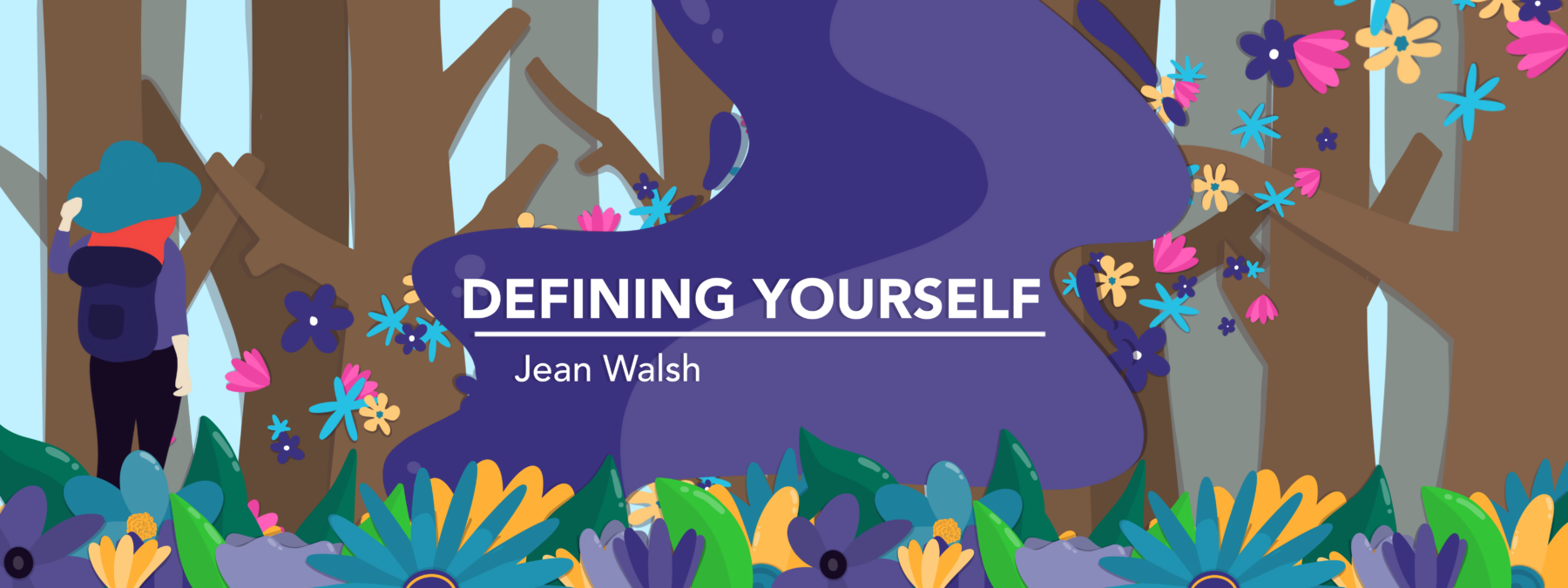Searching for ‘glimmers’ helps me navigate the hardships of FA
I'm learning to notice and savor life's small, everyday joys
Written by |

I’ve been reading “The Book of Delights” by Ross Gay. In it, he describes the small, everyday experiences that bring him joy. I am trying to follow that example, but, unlike Gay, I don’t write down my delights. With Friedreich’s ataxia (FA), the physical act of writing is extremely time-consuming.
I plan to try recording myself, as making note of your daily joys can lend them greater long-term significance.
Finding small joys — often called “glimmers” — in daily life can greatly boost our overall well-being. Glimmers are brief moments of happiness, comfort, or connection that might go unnoticed, such as a warm cup of coffee in the morning, the sound of birds outside your window, or a friendly smile from someone passing by. By intentionally noticing and savoring these moments, we can build a more positive outlook and become more resilient to life’s challenges.
While more research is needed, it’s been suggested that focusing on these positive micro-experiences may help to reduce stress and improve emotional health. Noticing glimmers won’t hurt me, but it will definitely help me be more mindful in the moment.
Research has shown that mindfulness improves mental health. That is enough information for me to start glimmer-searching.
The benefits of seeking out glimmers go beyond just feeling good in the moment. Regularly recognizing and appreciating small joys can boost our capacity for gratitude, improve relationships, and create a sense of hope. This practice encourages a mindful approach to life, helping us stay grounded in the present and reduce negative thoughts.
The other reason I’m willing to give glimmer-searching the green light is that all it requires from me is paying attention to the world around me. It isn’t time-consuming, costs nothing, and provides all reward with no risk.
Glimmer-seeking
I started glimmer-searching yesterday during my walk with my service dog, Wendy. At the edge of the road grew a beautiful purple wildflower. It was small with a yellow center. The petite petals were almost straight lines, radiating out from the center like a small daisy. I intentionally resisted the urge to look up its name on my phone. By not looking up the name, I stayed in appreciation mode.
I also noticed a small neighborhood lending library perched on a pole. It looked like a fancy birdhouse, but instead of a nest, there were about 10 paperbacks inside. It reminded me of the sense of community I experience in my neighborhood.
Rustling came from the shrub beside me, a rabbit darted out, and I watched its tiny white tail bounce away. Once again, I appreciated my sweet girl Wendy because she didn’t bark or lunge at the rabbit; she just watched it bound off. The sight of the rabbit reminded me to appreciate the beauty of nature. I don’t have to go anywhere for that.
I found even more glimmers during that walk. I imagine they’ll be harder to see when I am in a gloomier mood, but that won’t mean they aren’t there.
Constantly seeing glimmers might take me a while, but it’s worth it. That glimmer-searching dog walk carried me through my day and reduced my frustration. For instance, I remembered to congratulate myself for a smooth transfer from the couch to my wheelchair. Nothing about my FA changed; I changed my focus.
Don’t take this column as permission to be hard on yourself when all you see are the hardships FA brings. Those hardships are real. Glimmers can help us find our way through them.
Note: Friedreich’s Ataxia News is strictly a news and information website about the disease. It does not provide medical advice, diagnosis, or treatment. This content is not intended to be a substitute for professional medical advice, diagnosis, or treatment. Always seek the advice of your physician or another qualified health provider with any questions you may have regarding a medical condition. Never disregard professional medical advice or delay in seeking it because of something you have read on this website. The opinions expressed in this column are not those of Friedreich’s Ataxia News or its parent company, Bionews, and are intended to spark discussion about issues pertaining to Friedreich’s ataxia.




Natalie Sirota
Thank you so very much for sharing this with us. I believe everyone can benefit from finding more glimmers in their lives!